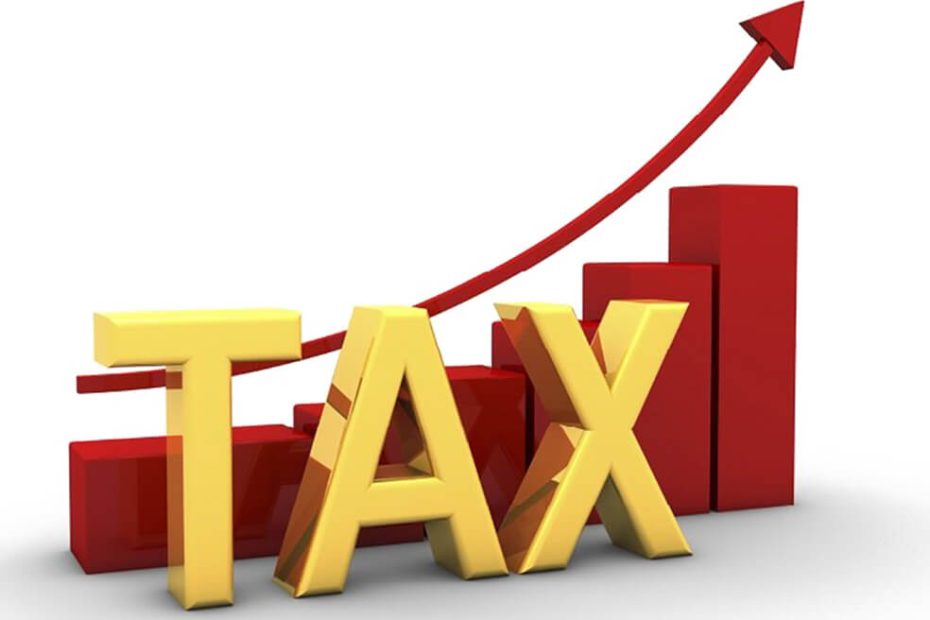The year 2020 has brought a lot of changes. Lockdown and Covid-19 have impacted every aspect of our lives. It has even changed the Benjamin Franklin quote: “There are only two things certain in life: death and taxes.” By moving the 1 July opening date to 1 September.

Filing seasons this year is as follows:
- 1 September to 16 November for taxpayers who file online;
- 1 September to 22 October for taxpayers who file at the SARS branch. This is by appointment only; and
- 1 September to 31 January 2021 for provisional taxpayers who file electronically.

South African Revenue Services (SARS) also implemented its auto-assessment system this year. But what does it mean when SARS auto-assesses your tax? It means SARS is essentially auto filing your tax return. Qualifying individuals would have received an SMS from SARS and if they agree with the outcome, they do not have to file a tax return at all.
The due date to accept or change this auto-assessment was 31 August 2020. If there was no response from those individuals who received an SMS, SARS will then queue this assessment as a normal assessment for which a return must be completed and submitted to SARS.
If you did not receive an SMS from SARS or you did not accept or reject their assessment, please read on.
This year is a challenge, but your taxes do not have to be. We, at Veritas, decided to make this tax season a breeze by compiling our 5 must-know tips for filing season.
Get through the tax season with ease by following our 5 tips below.
- Get all your ducks in a row
Firstly, to ensure a smooth tax return filing experience get all your tax documentation and matters in order. Make sure that you have received your IRP5/IT3(a)s and other tax certificates like medical certificate, retirement annuity fund certificate, and other 3rd party data that is relevant in determining your tax obligations. This includes information from employers, financial institutions, medical schemes, retirement annuity fund administrators, and other 3rd party data providers.
Also, remember to have your logbook indicating all business kilometres travelled with details regarding where you travelled and why you travelled. Business kilometre costs can be tax-deductible if you have a travel allowance as part of your remuneration package.
Third-party information can include; banks for interest paid, medical aids for contributions, and also the amounts of claims not yet paid out. This also includes information received from financial institutions regarding your contributions to retirement funding schemes.
If you have not yet received your IRP5/IT3(a)s and other tax certificates, you should immediately approach your employer, medical scheme, retirement annuity fund, or other 3rd party data providers and request the necessary documentation.
The above-mentioned documents are relevant in determining your tax obligations, as well as your deductibles.
- Know your deductibles
A tax deduction is a deduction that lowers your tax obligations by lowering your total taxable income. Knowing what these deductible expenses are and claiming these deductions, will have an impact on your tax return, your amount payable, and your refund.
Claimable deductions are charitable contributions, work-related education expenses, additional traveling costs incurred, and/or additional medical costs that you paid for yourself that qualify for a deduction.
This year because of lockdown, a lot of us worked from home. Some have moved their office to their home office permanently. Business use of your home is a huge deduction and should be applied where applicable.
Ensure that you have your proof of income and documentation for tax-deductible expenditure readily available.
- SARS
Our third tip is all about SARS. SARS has made filing your tax return a streamline and online process. Firstly, make sure you have your tax number. You can contact SARS for confirmation of this number.
Secondly, login to the eFiling or MobiApp. Reset your eFiling username and password if you have forgotten them. Update your personal information such as banking details, addresses, and contact details online. If you do not have a profile on the eFiling or SARS MobiApp, register your profile now to ensure a smooth filing experience.
This will enable you to file online from the comfort of your home or place of work by using the eFiling or SARS MobiApp.
If you prefer to file in person, filing in SARS branches can only happen by appointment, because of Corona and lockdown regulations. Be sure to phone in advance and book your slot.
- The sooner you start, the sooner you are done
Taxpayers who file at the SARS branch have until 22 October to file and taxpayers who file online have until the 16th of November 2020. But we say, the sooner you file the sooner you will be compliant. Do not wait until the last second to file.
As you have seen with our first two tips, there is a lot of information to gather and confirm. Get your documentation ready, indicate your deductibles, fill out the right information, and file by using the eFiling or SARS MobiApp. Or, by filing in person at any SARS branch.
- Call in the professionals
This might be the most important advice we can give you. Call us! We do taxes for a living. There is no shame in passing the buck to someone else, especially if that person has a degree in tax to back them up.
Contact us for a tax consultation.
Remember your tax matters and will make a difference.
Happy filling everyone!

